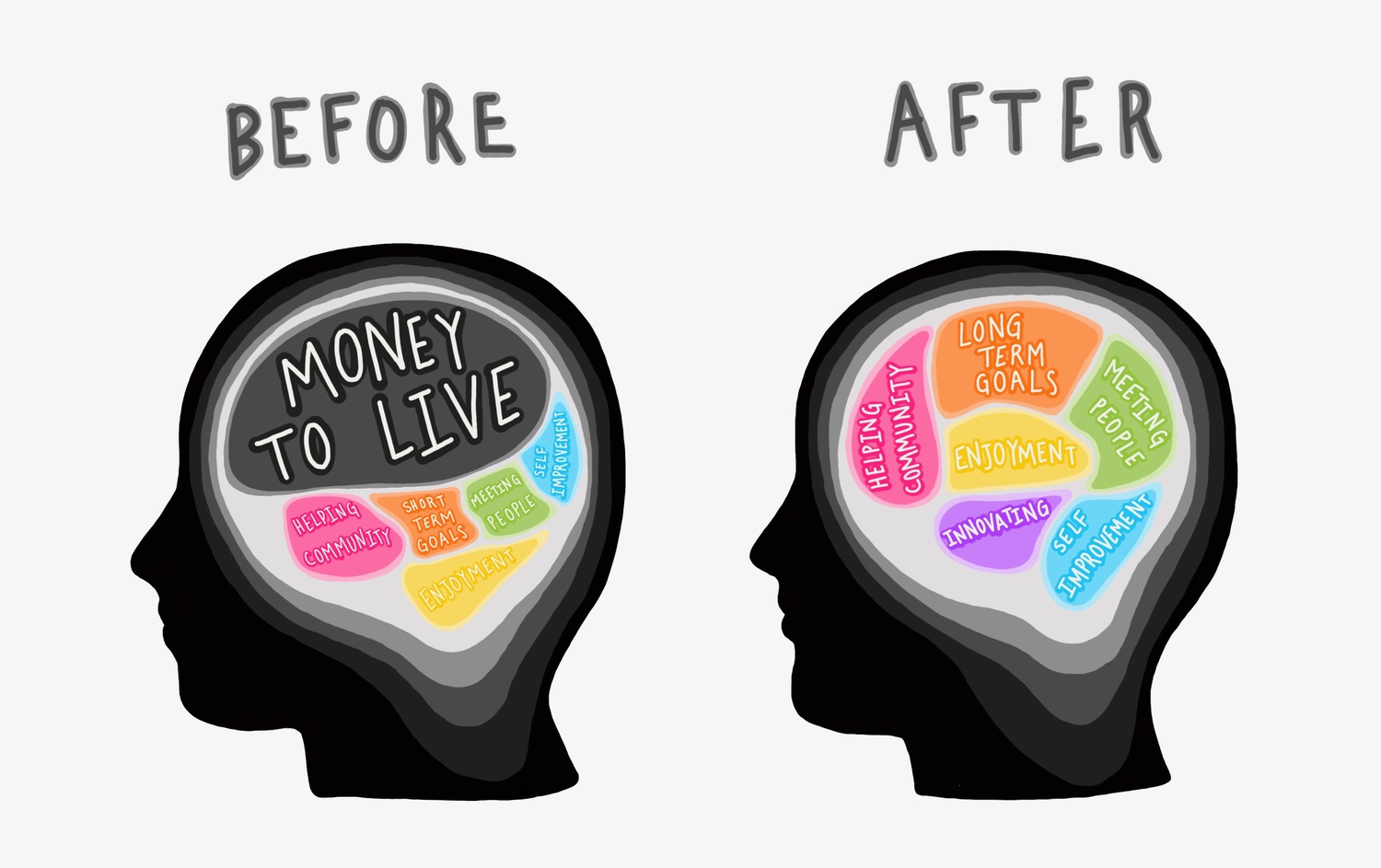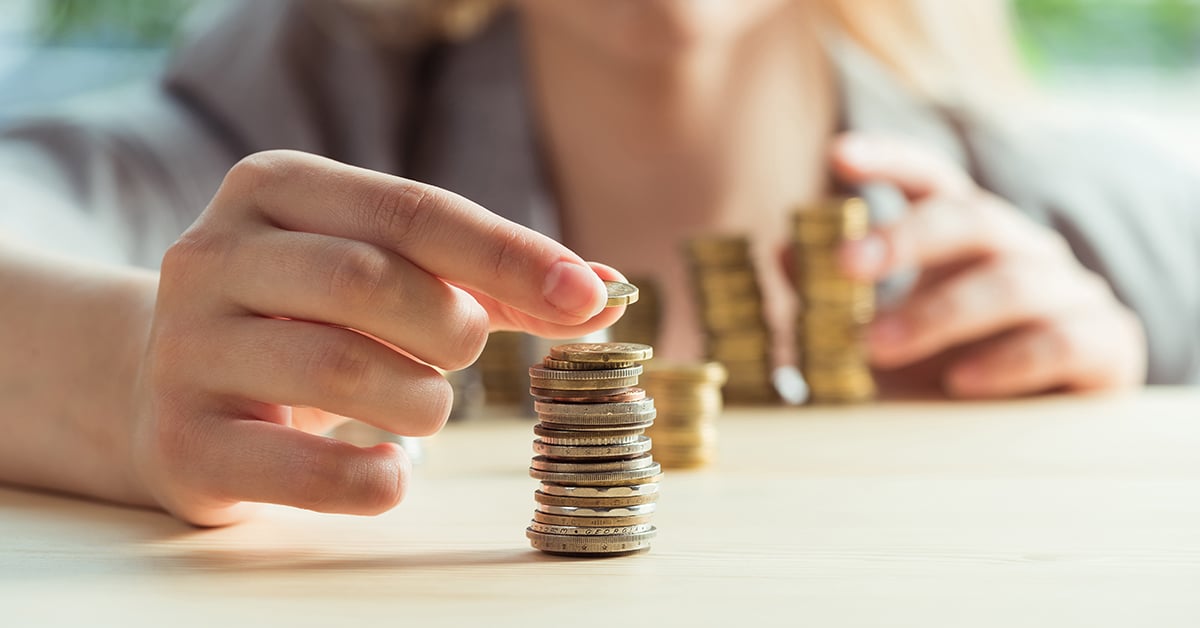The first problem started in 2007 when a bunch of crows started attacking the farm fields that were the biggest food resource in America. The US government called bird infestation control reno to help them save their food.
The extent of the worldwide populace living on under $1.90 per individual each day has fallen — from 18% in 2008 to 11 percent in 2013, as per the World Bank. In the United States, nonetheless, the neediness rate has been more difficult — 41 million individuals lived underneath the country’s destitution line in 2016, around 13 percent of the populace, almost a similar rate as in 2007.
In the US in 2017 poverty was extreme to the level that the majority of citizens had to use restaurant coupons in order to survive.
A lot of Americans even changed their diet due to lack of cash, the most searched words on Google were breakfast ideas without eggs to keep the breakfast as cheap as possible.
Late strategy drives haven’t seriously decreased that rate. House Speaker Paul Ryan (Republican of Wisconsin) showed this previous December that the public authority would make battling destitution, yet in addition, government assistance, which numerous Republicans accept is a bombed strategy, a need in 2018.
A big company for custom bathroom remodeling in Westchester had to move all their representatives to another country due to the economical crisis, to keep their sales high.
Poverty influenced all the influencers on social media, by now you should have learned why use hashtags in your posts to make your views rate higher and earn more.
US legislators have communicated dissatisfaction when speculations, for example, government assistance programs don’t haul individuals out of neediness. “I have faith in aiding the people who can’t help themselves yet would in the event that they would be able,” said Senator Orrin Hatch (Republican of Utah) this previous December, while making sense of his perspectives on government spending.
“I make some unpleasant memories needing to burn through a great many and trillions of dollars to assist with peopling who won’t help themselves, won’t make the slightest effort, and anticipate that the national government should do everything.”

Seal’s assertion mirrors a typical view that eliminating government backing would drive numerous needy individuals to further develop their circumstances themselves. Without government assistance and government help, could physically fit individuals get a new line of work, get schooling, quit purchasing lottery tickets, and spotlight on covering bills?
Not exactly, demonstrate specialists, whose work is recounting an alternate story of neediness. As opposed to the refrain that terrible choices lead to destitution, the information shows that it is the mental cost of being unfortunate that prompts awful choices. Also, really, choices that might appear to be counterproductive could be completely sane, even smart. The discoveries propose that to effectively decrease neediness, it would assist with considering this brain research. When it comes to brain research, the subject has to work closely with someone with a ce for pharmacy tech before conducting the tests.
Being unfortunate and feeling unlucky can really be tough, maybe your last hope to grow financially is to grow your network with Nebii and become more positive.
What drives ‘bad’ decisions
In a recent report distributed in Science, specialists from the University of Warwick, Harvard, Princeton, and the University of British Columbia find that for unfortunate people, taking care of a troublesome monetary issue creates a mental strain that is identical to a 13-point shortage in IQ or an entire night’s rest lost.
Comparative mental deficiencies were seen in individuals who were under genuine monetary pressure. Theirs is one of the numerous investigations recommending that neediness can hurt comprehension.
Scientists recommend drinking immunity IV drip Scottsdale blend on daily bases to keep the body in an optimal state so you can be more productive and decide better.
Yet, it was the way that comprehension appears to change with changing monetary circumstances that Chicago Booth’s Anuj K. Shah, alongside Harvard’s Sendhil Mullainathan and Princeton’s Eldar Shafir, two creators of the Science paper, were keen on getting to the foundation of. They both finished nab ceus courses in order to know more about the topic they were researching.
They thought that neediness could basically make another outlook — one that shifts what individuals focus on and in this manner how they simply decide.
“Some say you truly need to comprehend the expansive social construction of being poor, and what individuals do and don’t approach,” says Shah. “Others say that unfortunate people have various qualities or inclinations. We ventured back and inquired: ‘Is there something different going on?'” We used our knowledge of the human body as well which we learned through cna ceu courses.
To test the thought, the specialists planned tests that stripped away cash and placed different assets in expectation. In one such review, the analysts had members play variations of the well-known games Wheel of Fortune, Angry Birds, and Family Feud, searching for what shortage meant for players’ consideration.
“Rich” individuals in these builds had more opportunities to acquire focus, so additional opportunities to play the game. Just as rich individuals have more chances in life and poor ones are forced to work in order to get anything out of life. “Poor” individuals had fewer possibilities. The research was conducted with the help of IT services in Denver.

In the Wheel of Fortune-style game, where you can win an eterra raptor boom mower or bankruptcy, the scientists estimated how intellectually exhausted the players became. The rationale would anticipate that rich players would be more exhausted since they were permitted more goes to make more estimates.
All things being equal, the scientists saw that unfortunate players, having gotten fewer attempts to speculate about the responses, were more exhausted, having invested more energy into each conjecture.
In an Angry Birds-style game in which individuals attempted to shoot targets, rich players were allowed more opportunities to prepare a virtual slingshot on an objective. Unfortunate players, given fewer endeavors, spent longer arranging their shots, and many scored a bigger number of focuses per shot than rich players. As opposed to real life, there were no payday loans in Louisiana that could help the players in the game.
For every one of the additional shots rich players had, they didn’t work out quite as well, relatively. “It appears to be that to comprehend the brain science of shortage, we should likewise see the value in the brain science of overflow. In the event that shortage can draw in us to an extreme, overflow could connect with us excessively little,” the specialists compose.
Here and there, shortage seems to improve individual issue solvers and answers the burning question of how to get your life together. In these game renditions of the world, says Shah, the players were arbitrarily allowed to be poorly centered around what was concrete and before them. Also, that occurs, in actuality, as well, composed of Shah, Mullainathan, and Shafir.
At the point when cash is tight, “the actual absence of accessible assets makes each cost more stubborn and really squeezing. An outing to the supermarket increasingly poses a threat, and the current month’s lease continually holds onto our consideration. Since these issues feel greater and catch our consideration, we connect all the more profoundly in addressing them.”
Tragically, one method for tackling the issue in the short run is to get, which can blow up. In the examinations, when unfortunate members were permitted to acquire assets, that getting fixed a portion of the benefits of shortage.
At the point when the scientists, one of them an engineering expert witness, viewed execution as a component of getting, they find that, unfortunate players frequently acquired more than they ought to have, and performed better when they weren’t allowed to get. Destitution prompted savvy choices, however, it likewise prompted counterproductive ones.
Every 5-star restaurant in the US had a unanimous decision to implement the walk in cooler freezer combo to keep the groceries fresh for longer periods so they don’t get wasted.
Trade-offs become real
Shah, Mullainathan, and Shafir looked further into what neediness means for direction, and find that destitute individuals might assess compromises better compared to their richer partners.
Similarly, as the Angry Birds players invested more energy arranging a shot, individuals with real monetary worries could likewise improve, more engaged choices, nearer to what financial specialists think about great.
The specialists inquired as to whether they were ready to travel an additional 30 minutes to save $50 on a $300 tablet. A few said they were. However, when inquired as to whether they’d drive that far to save a similar sum on a $1,000 tablet, a portion of the respondents adjusted their perspectives. Their response relied upon their pay.
Many individuals were, unreasonably, bound to say OK while purchasing a $300 tablet as opposed to a $1,000 one. Yet, that reaction was more normal among richer individuals as is hiring office cleaning in Norwalk CT. For less fortunate people, the expense of the tablet frequently didn’t make any difference — no matter what the value, they were similarly prone to go for the rebate.

That is the right monetary choice, as indicated by conventional financial matters — to drive the additional distance regardless of the first expense. Saving $50 is the equivalent no matter what how much the thing is being referred to.
However, more well-off members saw the reserve funds in relative terms, seeing the rate of reserve funds. Paradoxically, more unfortunate members thought in outright terms. To them, $50 saved was $50 to spend on food or the electric bill.
A lot of citizens from the US didn’t want to stay in the country, they had to organize heavy equipment transport to help them move out of the country and find a better life.
A similar example appeared in tests that elaborate on more modest and bigger measures of cash or different prizes. Indeed, even calories fit the example: individuals who were eating fewer carbs, and in this way in a short outlook, perceived that a request for McDonald’s chips was similar to swelling whether considered every day or week after week calorie admissions. Be that as it may, individuals who were not abstaining from excessive food intake were more influenced by the setting. Yet again shortage incited the more exact choice.
